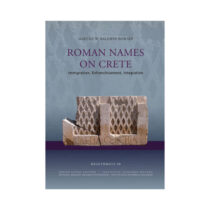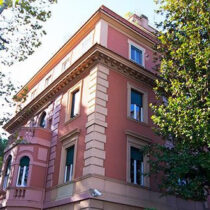Visualizing Victory: Propaganda around Military Victories in Antiquity
Warfare in the Ancient World International Conference (WAWIC 2025)
May 29–31, 2025 (Duluth, MN and Münster, Germany)
Throughout ancient history, both rhetorical and visual strategies have played a crucial role in shaping the perception of military victories, crafting compelling narratives for domestic and foreign audiences alike. This panel seeks to examine the techniques of visual propaganda used to portray military triumphs in Antiquity. We define visual propaganda as an attempt to promote a military outcome through visual representation.
We invite contributions that explore how specific victories were depicted. Our goal is to analyze both the similarities and differences in visual propaganda across cultures and to explore how these narratives were shaped by their political, cultural, and historical contexts.
Contributions may also address the intersection between visual and written representations, analyzing how ancient authors described or utilized visual imagery in their accounts of military success.
We encourage proposals that address, but are not limited to, the following topics:
-Artistic depictions of victory in various ancient cultures (e.g., Near Eastern, Hellenistic,
Roman)
-The role of monuments, trophies, and other public displays in shaping narratives of triumph
-The use of visual propaganda in domestic and foreign policy
-Comparative studies of military victory representations across time and space
-Symbolism in the portrayal of military leaders and their accomplishments
-The use of material culture (e.g., coins, inscriptions) to propagate military success
Presentations should be no longer than 20 minutes. Please submit an abstract of 300 words, along with a brief bio that includes your full name, contact information, affiliation, and career stage, by January 10th, 2025 to Diego Suárez Martínez ([email protected]) and Julius Arnold ([email protected]). Submissions are welcome from doctoral students, early career researchers, and established academics. Depending on funding, participants in Münster (especially doctoral students) may be eligible for partial reimbursement of travel expenses.
For general questions regarding the conference, please contact Dr. Lennart Gilhaus ([email protected]).
The panel organizers plan to publish selected contributions in a peer-reviewed volume.
Additional details about the publication will be provided after the conference.





